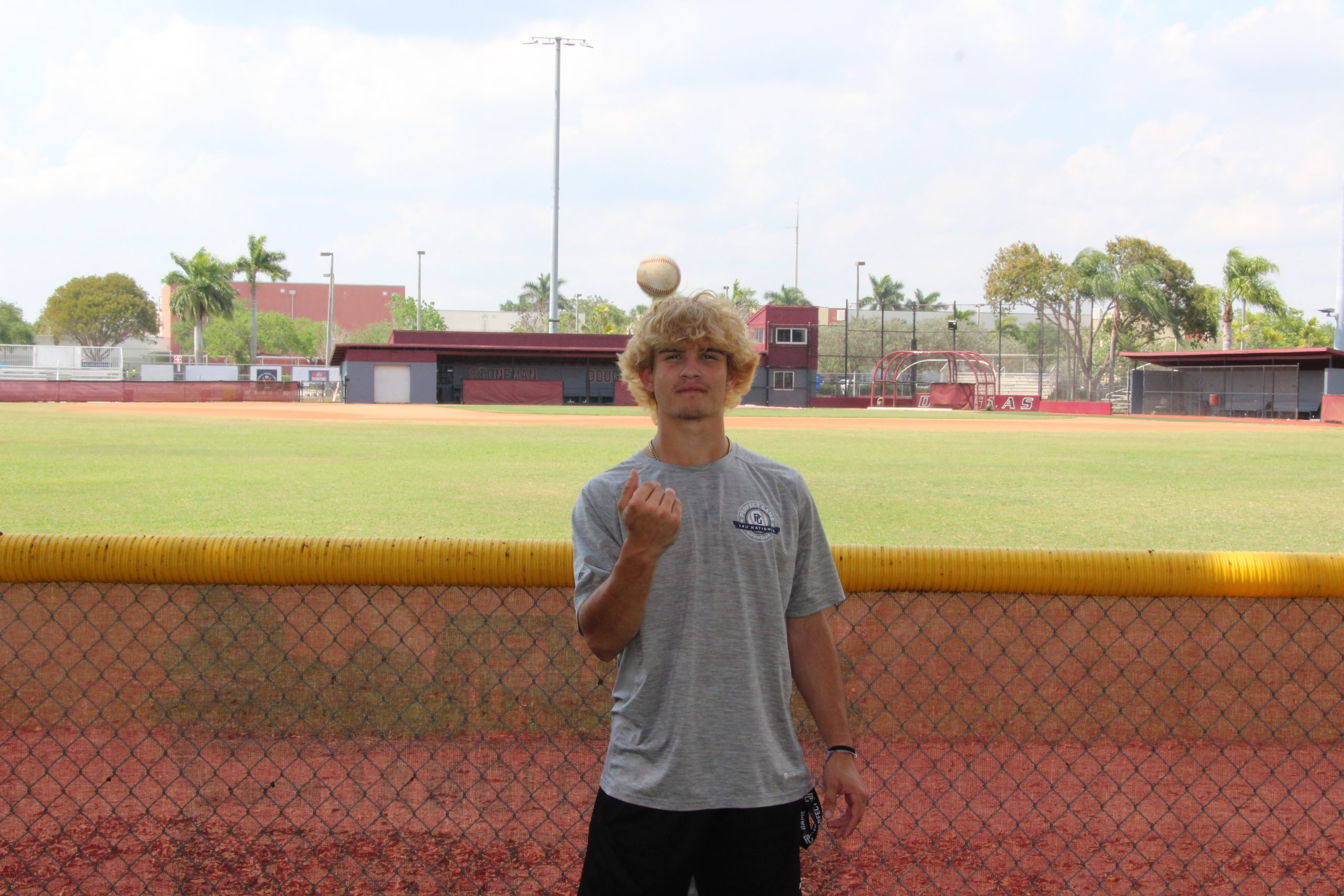[Opinion] Parents shouldn’t put enormous amount of pressure on their children to play a particular sport
Parents put excessive pressure on their kids to play certain sports
December 8, 2022
Throughout one’s childhood, it is not uncommon to try numerous sports in order to find the right one that you enjoy and want to continue. However, placing too much pressure on children to pursue a specific sport can have detrimental effects to both the child’s physical and mental health. There is a major distinction between encouraging children and forcing them to stick to a certain path.
Some young athletes are pressured by parents’ views towards the sport, instead of it being an outlet, or an enjoyable activity to participate in. However, there is a difference between constructively pushing a child beyond their comfort zone and pressuring them to do something they have lost interest in. If you notice that your child is interested in something, you might want to give them some encouragement.
It is acceptable to encourage a shy child to play with other children and encourage your child to try something exciting, even if it will be difficult. On the other hand, pressuring a child to play a certain sport you clearly see they are not interested in is unacceptable.
Encouragement from parents and coaches is needed for every accomplishment in a child’s life. Pushing kids past their comfort zones might harm their emotional growth and the parent-child relationship. While some kids may thrive on the competition, others may find the pressure to perform well overwhelming.
Without the ability to be themselves, a child cannot be content or successful. Additionally, you should not pressure your child into athletics just because everyone else is participating. You would only be training them to be a follower, which might leave them open to numerous teen peer pressure in the future. At its worst, though, pushing kids too far might make them withdraw inside, grow angry or experience anxiety when trying new activities.
There are numerous factors that can lead to burnout in young athletes; one of the most frequent causes is controlling parents. A controlling parent is one who enforces a toxic version of the idea “go big or go home” mantra and has unreasonably high expectations of their child athlete. Most kids lose motivation when a parent repeatedly criticizes every mistake made during a game or pressures them to do more than they can handle.
“They miss out on all the other important moments and opportunities that come from playing a sport—forming friendships, working as a team, and building personal self-esteem,” clinical social worker and therapist Haley Sztykiel said in the article “We Need to Stop Pressuring Kids to Be the Best at Their Sport.”
For a child to succeed, parental support is essential; but, there must be a careful balance between encouragement and insistence. The passion to play the sport is necessary for athletes. Children’s desire to play a sport can easily be destroyed by overwhelming parents who push them too hard too early. Making an athlete despise their favorite sport is a disservice to the parent and child.
It is physiologically harmful for young athletes to be under pressure. Kids who are forced to throw more pitches, run more miles or perform any other activity beyond what their bodies are capable of can get injured often. Athletes practice several times each week, but when it becomes a habit it can become excessive and detrimental to their physical and mental health. Due to the exhaustion from persistent demands or high expectations, there are higher odds of burnout developing. Burnout can also result from internal issues like perfectionism or a decline in love for a sport.
For example, Ulnar collateral ligament (UCL) reconstruction, commonly known as Tommy John surgery, is a procedure that baseball players are increasingly having. Throwing a baseball might result in a UCL damage due to its repetitive motion. Every year, the operation is carried out on young sportsmen.
Many children sense pressure but are unable to identify the cause. In other circumstances, children are aware of the person(s) most in charge like parents and coaches placing pressure on them but are too afraid to speak up. Sadly, young athletes who are under pressure often have bad seasons because they focus more on trying to live up to the expectations of their parents than having fun and playing the sport they love.
There are positive strategies to encourage your child’s participation in sports without endangering their mental health. While some athletes perform well under pressure, others do not. It is important to strike a balance between motivating young athletes and overdoing it. Parents and coaches must set the restriction and uphold it, or it may be harmful to the player.











